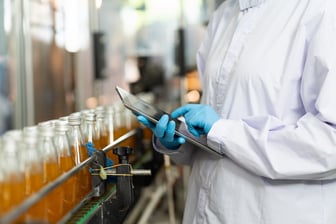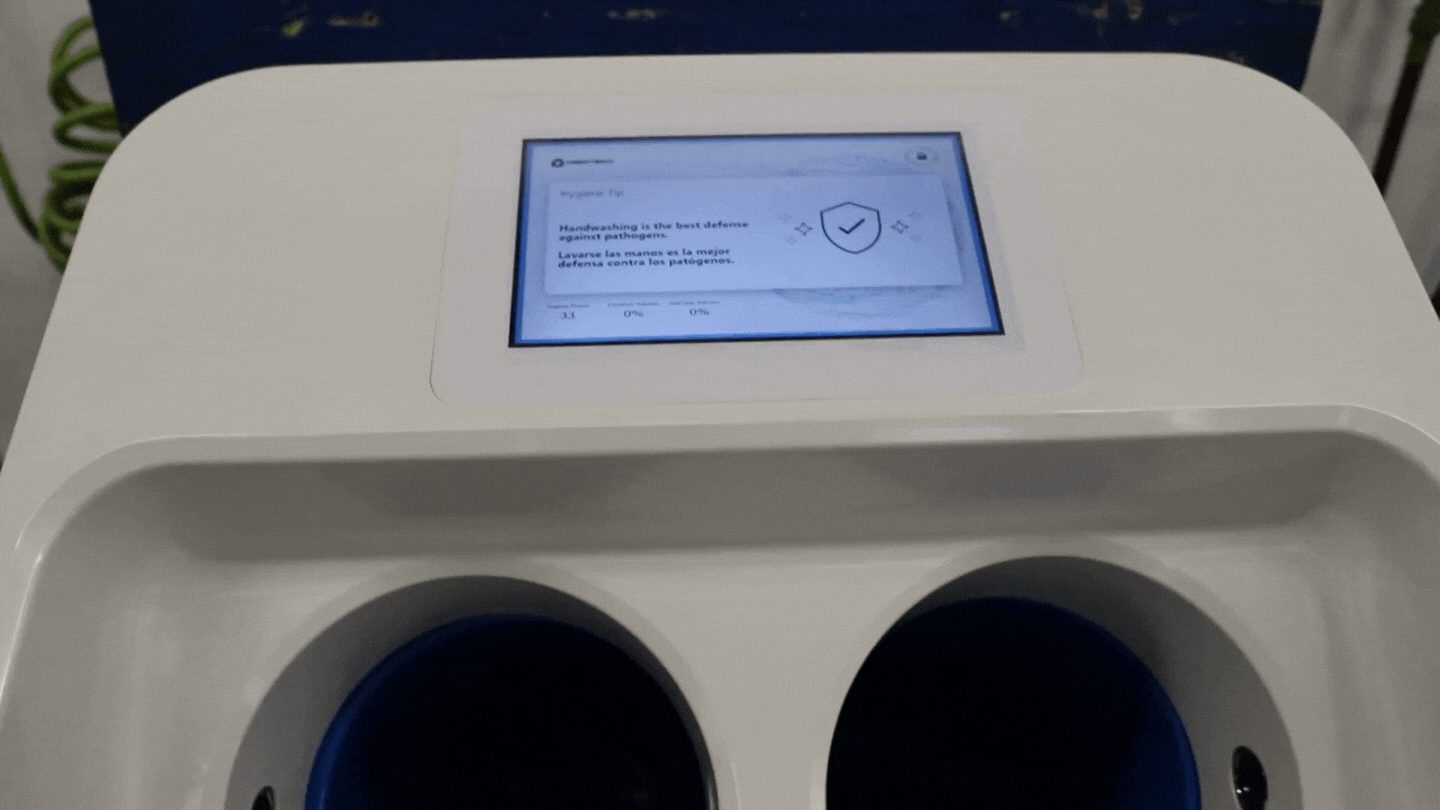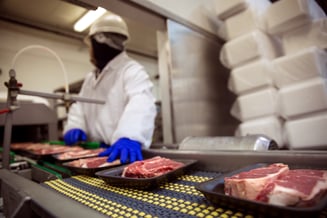The Role of Food Safety Inspections for Food Processing
Food is an integral part of our daily lives, providing us with joy, sustenance, and nourishment. Whether it's the enticing scent of freshly baked bread or the mouthwatering sizzle of a perfectly seasoned steak on the grill, food delights our senses and connects us to various cultures and traditions. However, behind the scenes, a complex network of processes ensures that the food we consume is safe, wholesome, and free from any potential risks. Among the crucial components of this safety system are food safety inspections, which play a vital role in protecting both our taste buds and our well-being. In this blog post, we will explore the significant impact of these inspections in ensuring the safety and quality of the food we enjoy.
Ensuring Food Safety in the Processing Industry with Food Safety Inspections
 Ensuring the safety of processed foods is a shared responsibility between manufacturers and regulatory bodies that oversee the food industry. Food safety inspections provide a structured and impartial evaluation process conducted by regulatory authorities to assess how well food processing facilities adhere to established safety standards and guidelines.
Ensuring the safety of processed foods is a shared responsibility between manufacturers and regulatory bodies that oversee the food industry. Food safety inspections provide a structured and impartial evaluation process conducted by regulatory authorities to assess how well food processing facilities adhere to established safety standards and guidelines.
Preventing Foodborne Illnesses
Food safety inspections serve a crucial purpose in preventing the occurrence of foodborne illnesses. When food products are contaminated or mishandled, it can lead to outbreaks of illnesses caused by various harmful agents such as bacteria, viruses, parasites, or chemical contaminants. These illnesses can range from mild gastrointestinal discomfort to severe and life-threatening conditions. Through regular inspections, authorities have the opportunity to identify potential sources of contamination, assess cross-contamination risks, and detect improper handling practices. By doing so, they effectively reduce the likelihood of foodborne disease outbreaks, ensuring the safety and well-being of consumers.
Learn how to prevent cross-contamination
Maintaining Hygienic Practices
Food safety inspections are essential for upholding the highest standards of cleanliness and hygiene within a food processing facility. This encompasses not only the pristine condition of the processing equipment but also the strict adherence to personal hygiene practices by employees. By implementing adequate sanitation measures and adhering to regular cleaning routines, the growth and spread of harmful microorganisms that could potentially compromise the safety of the final food products are effectively prevented.

CleanTech® Automated Handwashing Stations and Meritech Automated Boot Scrubbers provide a cutting-edge solution for upholding impeccable hygiene standards. These cutting-edge technologies not only elevate cleanliness standards but also demonstrate a steadfast dedication to hygiene, leaving a lasting impression on food safety auditors. By automating the handwashing process, these stations ensure that employees follow proper hygiene protocols consistently. The touchless operation eliminates the risk of cross-contamination, while the built-in sensors track valuable handwashing compliance data. Additionally, the automated boot scrubbers effectively remove any contaminants from footwear, preventing them from entering the processing areas. The sleek and modern design of these stations and scrubbers adds a professional touch to food processing facilities and impresses food safety auditors, further reinforcing the commitment to maintaining the highest standards of cleanliness and hygiene.
Learn about the different types of food safety audits
Monitoring Food Handling and Storage
During inspections, regulatory authorities closely monitor the handling and storage practices within the food processing facility. Proper handling techniques, precise temperature control, and optimal storage conditions are of utmost importance in preventing the proliferation of harmful pathogens and preserving the nutritional value of the processed foods. For example, perishable items must be stored at the correct temperatures to inhibit bacterial growth, while the packaging and labeling should accurately convey storage instructions for consumers to follow.
Quality Assurance
 Food safety inspections go beyond just preventing potential hazards. They also play a vital role in ensuring overall quality assurance. Through evaluating processing procedures, ingredient sourcing, and record-keeping practices, inspectors help maintain consistency and uniformity in the final products. This commitment to quality ensures that consumers can trust they will receive the same level of excellence with every purchase, building a strong sense of loyalty to the brand.
Food safety inspections go beyond just preventing potential hazards. They also play a vital role in ensuring overall quality assurance. Through evaluating processing procedures, ingredient sourcing, and record-keeping practices, inspectors help maintain consistency and uniformity in the final products. This commitment to quality ensures that consumers can trust they will receive the same level of excellence with every purchase, building a strong sense of loyalty to the brand.
Learn how technology helps with hand hygiene quality improvement
Responding to Emergencies
In times of food-related emergencies, such as a foodborne illness outbreak or a product recall, food safety authorities are well-prepared to act swiftly. These agencies work in close collaboration with food processors to quickly identify the origin of contamination, implement essential corrective measures, and establish preventive protocols to mitigate the chances of future incidents.
Food safety inspections are an essential component of the food processing industry, protecting consumers and maintaining the integrity of the food supply chain. By enforcing stringent standards, overseeing practices, and responding swiftly to emergencies, these inspections guarantee that the food we savor is not only delectable but also safe. As responsible consumers, we can actively contribute to this process by staying informed about food safety practices, carefully reading labels, and supporting companies that prioritize the well-being of their customers. Together, we can continue to indulge in the diverse flavors of the culinary world with confidence, knowing that our health and happiness are in good and clean hands.
Learn how automation makes hand and footwear hygiene easy for food safety inspections






